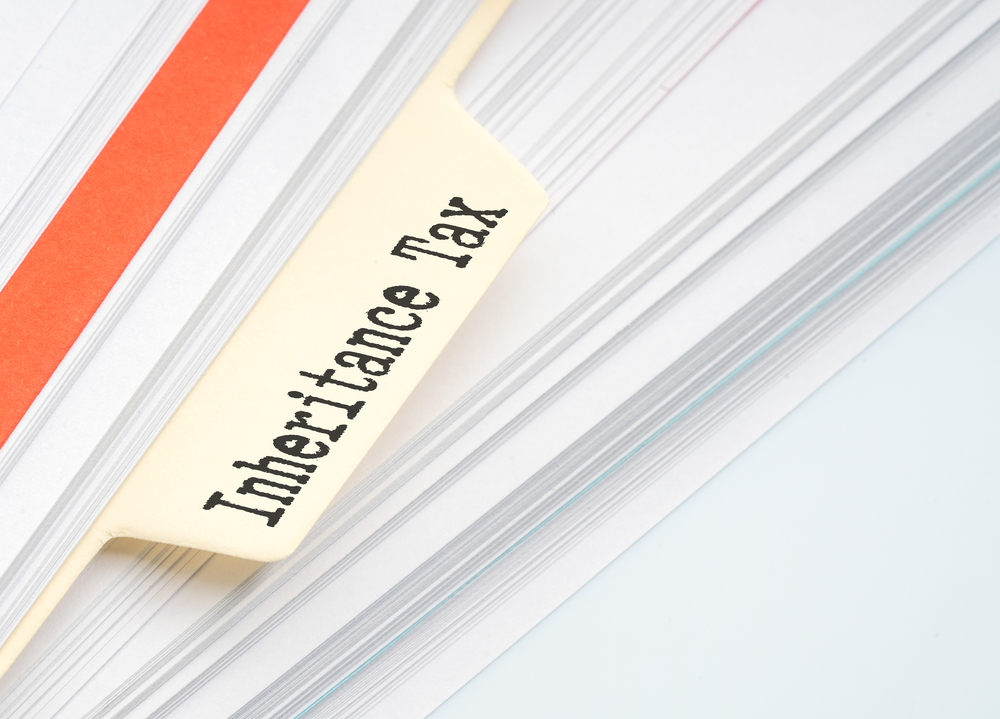
When a person receives an inheritance after someone has passed, often, their thoughts are on their loss, not the tax implications of the inheritance. Unfortunately, there are three types of taxes that can be tied to an inheritance—an inheritance tax, estate tax, capital gains tax.
To help steer you through potential taxes associated with your inheritance, your Cedar City tax consultant is here to assist.
No Utah Inheritance Tax or Estate Tax
As AA Tax and Accounting Services is located in Cedar City, UT, our accountant handles many questions concerning Utah inheritance tax and estate tax. There is a difference between the two taxes:
- Inheritance tax – This tax is calculated by assessing the value of the inheritance you receive from the deceased individual’s estate. If there is no provision in the will for the estate to cover the inheritance tax, the individual benefiting from the inheritance will need to pay the tax.
- Estate tax – This tax is calculated with an assessment of the net value of the deceased individual’s estate. Any remaining liabilities—i.e., debts—are subtracted from the full value of the estate, leaving the net value of the estate to be taxed.
Luckily, Utah does not impose an estate or inheritance tax. If you inherit from someone who lives outside of Utah, there may be applicable taxes.
No Federal Inheritance Tax, But There Is A Federal Estate Tax
On the federal level, there is no inheritance tax that you need to worry about. In part, this lack of inheritance tax is because there is a federal estate tax. With only one of these taxes, you don’t have to worry about double taxation on the same inherited estate.
Frankly, you may not have to worry about the federal estate tax either. With changes made to tax law, the federal estate tax allows for an exemption for the first $11.4 million of the estate’s value. Also, inheritance does not count as income, so you don’t have to worry that an inheritance will impact your taxes.
Capital Gains And Your Inheritance
Not all inheritances come in the form of currency. Property, stocks, and other assets are often part of an inheritance. If you opt to sell these inheritance assets, you may owe capital gains taxes. Whether you owe short-term or long-term capital gains taxes will depend on a variety of factors that you should sort through with an accountant. There are some provisions made so that something like an inherited property can be sold and taxed as a long-term capital gain under a shorter timeframe.
Also, you won’t be paying the capital gains on the entire lifetime of the property value gain. For example, say your grandparents bought their home for $80,000. Over the years, the property went up in value, so when you sold it, the property sold for $150,000.
However, you don’t owe taxes on the $70,000 value gain. Instead, say the value of the property was $140,000 at the time of your grandparents’ death. The amount you will be taxed on will be based on the gain from their time of death, meaning you will only pay capital gains taxes on $10,000.
Protect Your Inheritance With Our Tax Consultant
Whether you are looking at out-of-state inheritance tax, federal estate tax, or capital gains tax on your inheritance, working with our tax consultant can protect your inheritance. With his years of experience, our accountant has helped people manage legacies of various sizes and complexities.
Also, if you are considering estate planning for your future inheritors, our accountant can assist with those plans. From creating trusts to setting up elder care, he is here to help.
For expert guidance when it comes to your inheritance, tax liability, and other accounting questions, feel free to contact us to set up an appointment with our accountant.






Leave a Reply